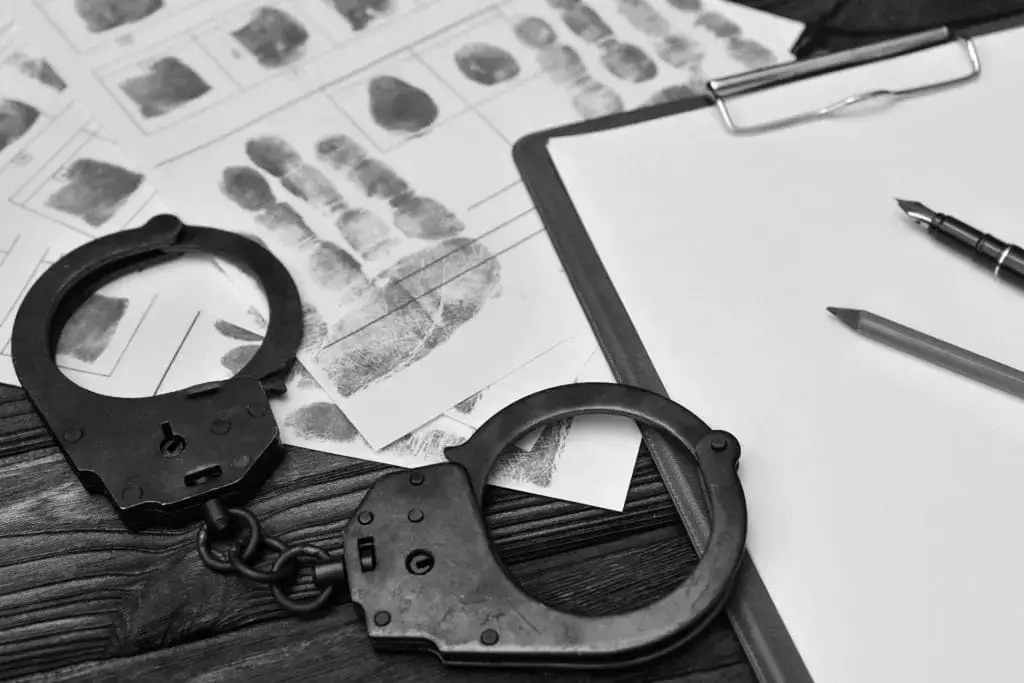Understanding Criminology: The Study of Crime and Society
May 31, 2024 2024-05-31 10:10
Understanding Criminology: The Study of Crime and Society
Criminology is the scientific study of crime, its causes, consequences, and methods of prevention. It is a multidisciplinary field that draws on sociology, psychology, law, anthropology, and other disciplines to understand criminal behavior and the functioning of criminal justice systems. This article explores the key concepts, theories, and areas of study within criminology, highlighting its importance in addressing crime and promoting social justice.
Key Concepts in Criminology
- Crime: Any act that violates the law and is punishable by the state. Crimes can range from minor offenses, such as theft or vandalism, to serious crimes, such as murder or assault.
- Deviance: Behavior that violates social norms but may not necessarily break the law. Deviance includes actions that society finds unacceptable or immoral.
- Criminal Justice System: The network of institutions, including police, courts, and corrections, that manage the apprehension, prosecution, and punishment of offenders.
Theories of Crime
Criminologists have developed various theories to explain why people commit crimes. These theories can be categorized into several broad groups:
- Biological Theories:
- Genetic Factors: Suggest that inherited traits can predispose individuals to criminal behavior.
- Neurological and Physiological Factors: Focus on brain structure, hormones, and other biological influences on behavior.
- Psychological Theories:
- Psychoanalytic Theory: Proposes that unconscious conflicts and childhood experiences shape behavior.
- Behavioral Theory: Suggests that criminal behavior is learned through interaction with the environment.
- Cognitive Theory: Examines how thought processes and perceptions influence behavior.
- Sociological Theories:
- Social Structure Theories: Attribute crime to socioeconomic conditions and social inequality.
- Social Process Theories: Emphasize the role of socialization and interaction with others in the development of criminal behavior.
- Social Conflict Theories: Focus on how power dynamics and societal conflicts contribute to crime.
- Integrated Theories:
- Combine elements from various disciplines to provide a more comprehensive understanding of crime.
Areas of Study in Criminology
- Crime Typologies:
- Violent Crime: Includes homicide, assault, and domestic violence.
- Property Crime: Encompasses burglary, theft, and vandalism.
- White-Collar Crime: Involves financial crimes, such as fraud and embezzlement.
- Organized Crime: Includes activities of criminal organizations, such as drug trafficking and human trafficking.
- Criminal Justice System:
- Law Enforcement: Studies the role and function of police in society.
- Judiciary: Examines the court system, legal processes, and the administration of justice.
- Corrections: Focuses on prisons, probation, and rehabilitation of offenders.
- Crime Prevention:
- Situational Crime Prevention: Strategies to reduce opportunities for crime through environmental design and management.
- Community-Based Approaches: Programs that engage communities in preventing crime and improving social conditions.
- Policing Strategies: Methods to enhance the effectiveness of law enforcement, such as community policing and predictive policing.
- Victimology:
- The study of victims and the impact of crime on them. It includes understanding victimization patterns, providing support services, and advocating for victims’ rights.
- Penology:
- The study of punishment and corrections, including the effectiveness of different types of sanctions and rehabilitation programs.
Importance of Criminology
Criminology plays a vital role in society by:
- Informing Policy: Providing evidence-based research to guide criminal justice policies and practices.
- Enhancing Public Safety: Developing strategies to prevent crime and protect communities.
- Promoting Social Justice: Addressing issues of inequality and advocating for fair treatment within the criminal justice system.
- Supporting Victims: Understanding the needs of victims and providing resources to aid their recovery.
- Improving Rehabilitation: Creating effective programs to rehabilitate offenders and reduce recidivism.
Conclusion
Criminology is a dynamic and essential field that seeks to understand the complexities of crime and develop effective methods for prevention and intervention. By examining the biological, psychological, and social factors that contribute to criminal behavior, criminologists can help create safer and more just societies. As crime continues to evolve, the study of criminology remains critical in addressing new challenges and fostering a deeper understanding of the human condition.
Related Posts
Understanding Criminology: The Study of Crime and Society
May 31, 2024 2024-05-31 10:10Popular Tags





























